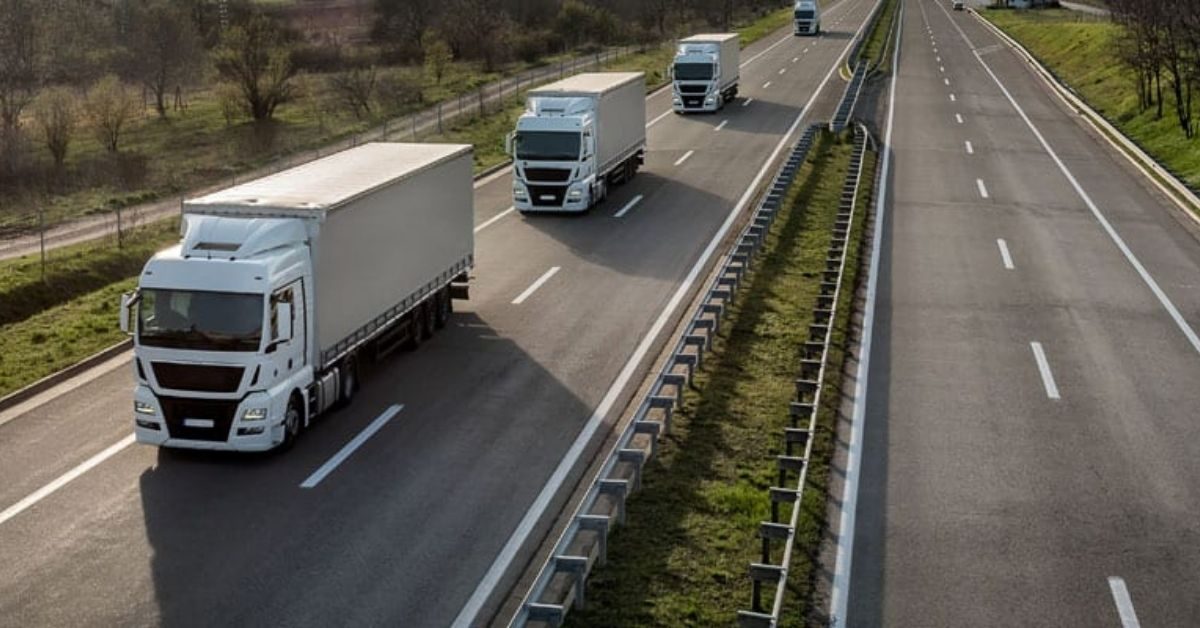As part of the Development Plan 2031 for the Gurgaon Manesar Urban Complex (GMUC), the Dwarka Expressway, also known as the Northern Peripheral Road (NPR), has been developed as a northern ring road. This expressway provides additional connectivity between Gurgaon and Delhi, serving as an alternative route to the existing NH 8.
Due to the rapid increase in traffic between Delhi and Gurgaon on NH 8 and other road networks, there has been a consistent demand to complete the Dwarka Expressway promptly. In 2006, the Haryana Urban Development Authority (now known as the Haryana Shahari Vikas Pradhikaran or HSVP) planned an 18-kilometer stretch between Kherki Dhaula and Najafgarh Road as an alternative to NH-48.
Initially referred to as the Northern Peripheral Road (NPR), this project spurred several real estate ventures by the early 2010s. However, by 2014, only 16.6 kilometres of the project had been constructed, with work on critical sections at Kherki Dhaula and Bajghera halted due to legal disputes. Subsequently, in 2017, the project was transferred to a central agency, which decided to extend the Dwarka Expressway all the way to Shiv Murti near Mahipalpur in Delhi.
Anshuman Magazine, Chairman & CEO – India, South-East Asia, Middle East & Africa, CBRE, said, “Dwarka Expressway marks a cornerstone in enhancing the connectivity within the Delhi-Gurugram region. The expressway transcends its role beyond a transportation link, acting as a pivotal force for economic and infrastructural revitalization. It is bound to redefine the real estate landscape in the vicinity. The anticipation surrounding the expressway over the last decade has already ignited a surge in residential development, especially in sectors bridging Gurugram and Delhi. With the expressway now complete, we are witnessing a promising downturn in unsold inventory levels in these sectors, from a significant 25-30% 8-10 years ago to a mere 7-8% now. This project, specifically the 15 km inside Gurgaon, around, alongside, or in distant areas, there are many sectors like sector 84, which are towards Gurgaon that have been connected to sectors 109, 110, and 113, which are nearer to Delhi, where a lot of residential projects have been launched in the last 10 years, particularly in anticipation of the Dwarka Expressway.
The strategic location of the Dwarka Expressway, an eight-lane access-controlled roadway, cuts through key residential and commercial hubs. This development promises to alleviate traffic congestion and significantly reduce travel times between the two cities. As a result, we foresee a notable appreciation in property and land prices in the vicinity, potentially rising in the coming years, offering lucrative returns on investment for early investors. Furthermore, the expressway’s proximity to significant developments and the projected extension of the Delhi Metro Magenta Line accentuates its appeal, making it a hotspot for real estate investment. With the improved infrastructure and connectivity, rental properties in the region are also expected to see an upswing in demand. Real estate developments along the Dwarka Expressway are becoming synonymous with a luxurious lifestyle, offering contemporary amenities that include clubhouses, swimming pools, gyms, sports facilities, manicured gardens, and 24-hour security. These premium features, coupled with unparalleled connectivity, have a pull for both buyers and people looking out for rent, ensuring sustained demand and high occupancy rates. The seamless fusion of luxury and connectivity not only enhances the living experience but also solidifies the area’s attractiveness as a top choice for real estate investment. Dwarka Expressway will revolutionize the real estate market in the Delhi-Gurugram corridor.”







